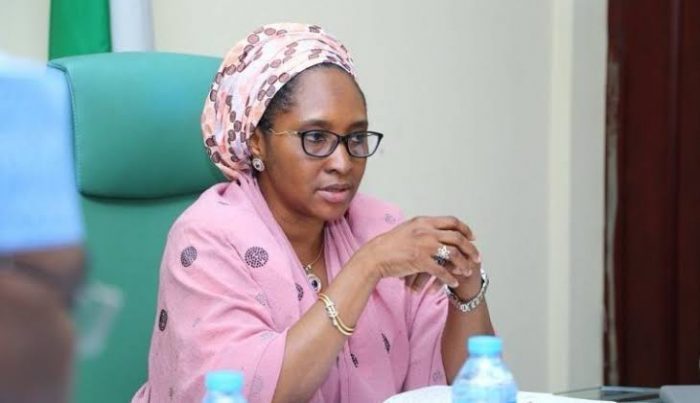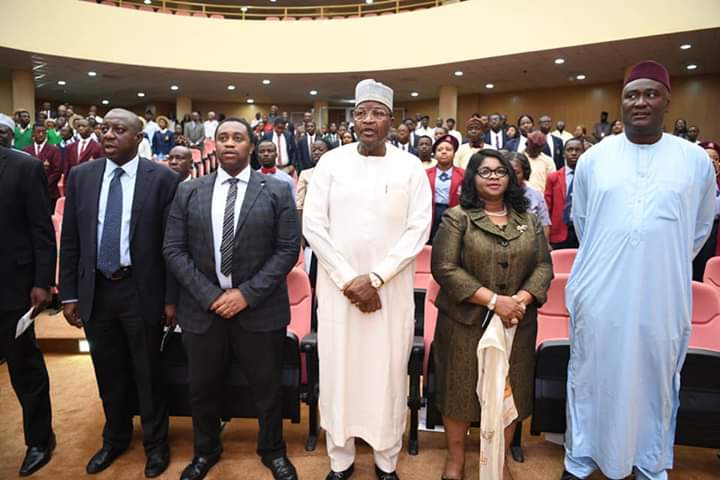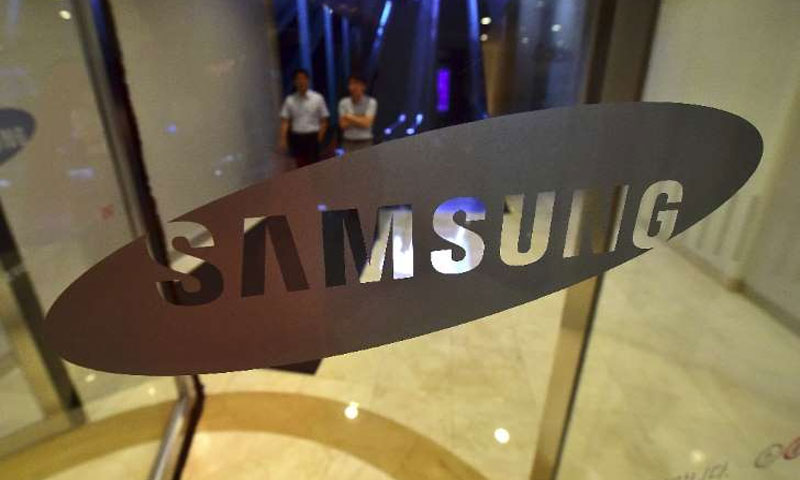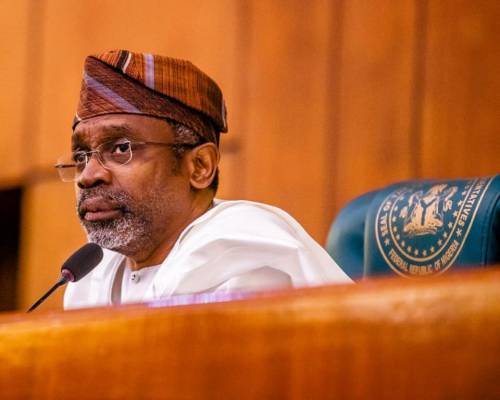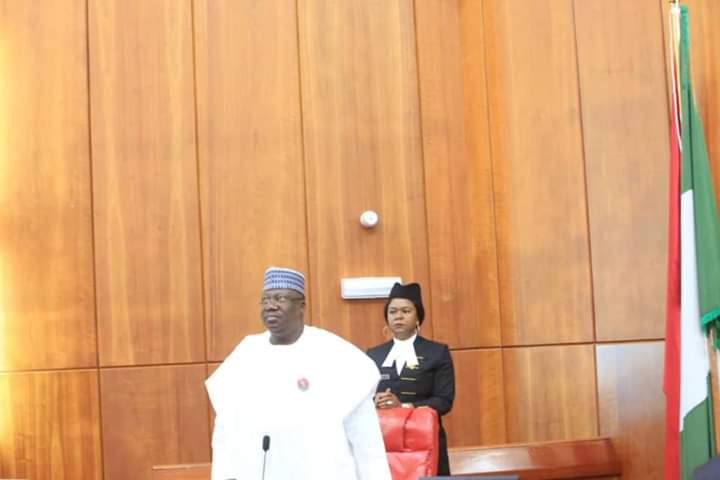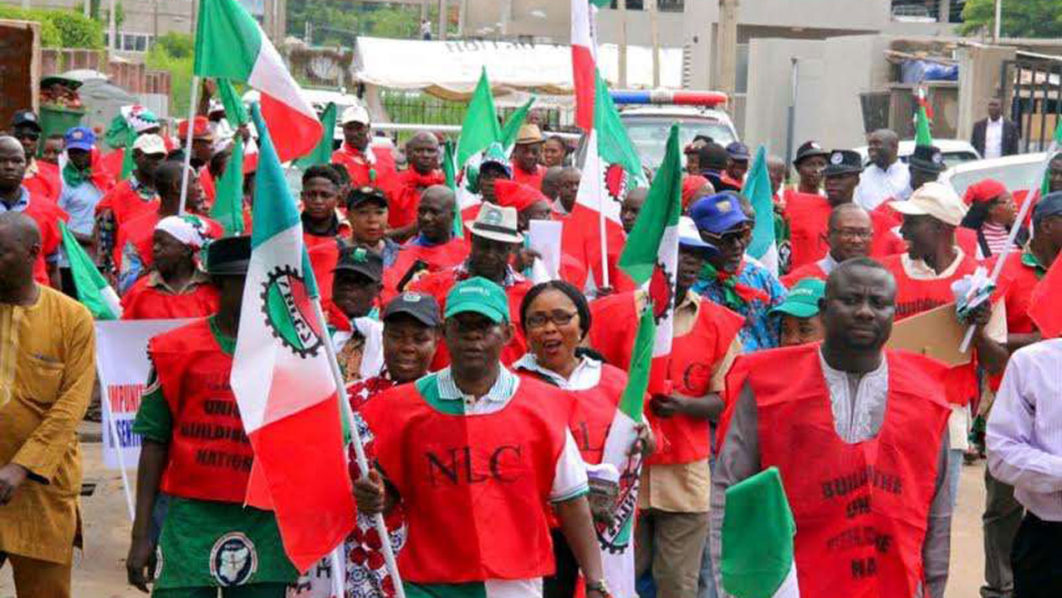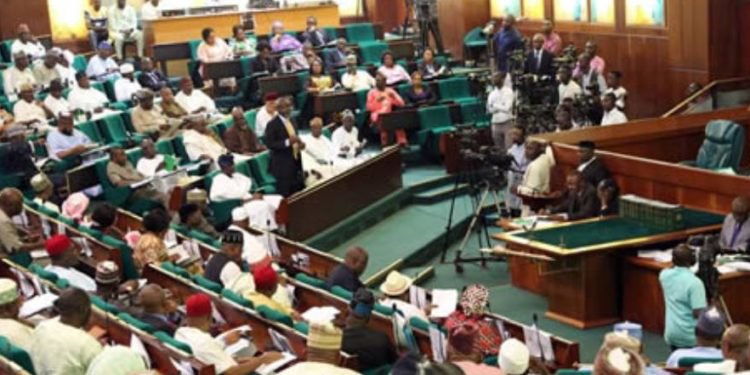…Says only China responsive
Multilateral lending institutions including the World Bank and the African Development Bank (AfDB) are no longer willing to grant credit facilities to Nigeria, the Federal Government said on Tuesday.
It said that informed its decision to approach China for the bulk of the external loans.
Minister of Finance Budget and Planning Mrs. Zainab Ahmed the Federal Government resolved to borrow $17 billion from the China-Exim Bank as part of its external borrowing plan.
She appeared before the Senate Committee on Local and Foreign Debts to defend President Muhammadu Buhari’s administration decision to borrow $29.96 billion to execute critical infrastructure projects across the country.
With her were: Ministers of Information and Culture (Lai Mohammed); Federal Capital Territory (Mohammed Bello); Works and Housing (Babatunde Fashola); Minister of State for Transportation (Senator Gbemisola Saraki).
Mrs. Ahmed explained that the Eight National Assembly had approved about $6 billion out of the $29.96 billion loan, leaving a balance of $22.718 billion.
The minister told the committee that the federal and some state governments are jointly requesting the loans from various international lending institutions.
She said that a larger part of the loan (about $17 billion) would come from the China-Exim Bank while others would come from Islamic Development Bank and other lending institutions.
The senator representing Niger South Zone, Birma Enagi, had expressed worry at the level of loans being sought from China alone, which he put at $17 billion, representing 70 per cent of the $22.718 billion of the Federal Government’s external loan request.
But Mrs. Ahmed explained: “Of the $22.718 billion, $17 billion is indeed from the China-Exim Bank. I can tell you that in 2016 when we went into recession, we went out to borrow to be able to fund even the National Budget.
“So, we went to the World Bank and made a request and the World Bank jointly with the AfDB, I think it was $2.6 billion.
“After a while, the African Development Bank came through with $600 million within six months and I think about a year and a half later the World Bank came in with $400 million.
“So, there is a question of response. It is not that we don’t ask from other institutions, but the question is which ones are able to offer us what we are trying to raise.
“For China-Exim Bank, why it is so large is because most of our rail projects are funded by the China-Exim Bank and they are the largest component of this borrowing plan.
“We would have wished to borrow from other multilateral institutions, but when we make a request and you are not getting response, you go to the ones that are more amenable and that respond positively and more timely.”
Assuring that the funds would be channeled to the provision of infrastructure that will boost the economy, the minister.
Project to fund
She said: “Other projects are in the health care and education. It also included projects for the rehabilitation of the Northeast geopolitical zone.
“Others are the Mambila Hydro Power project ($4.9 billion); Lagos-Kano modernisation project ($4.1 billion); Development Finance project loan being provided by a consortium of World Bank and African Development Bank agencies ($1.28 billion).
“The facilities will support the setting up of the Development Bank of Nigeria through some development finance institutions in Nigeria to provide funds for small and medium size enterprises.
“This will make access to finance to SMEs easier, help them to grow and help more Nigerians to come out of poverty line.
“Above all, the loan would help us to improve our electricity supply, reduce poverty, create jobs, ensure access to finance, agricultural productivity, guarantee food security, achieve high school enrolment, provision of clean potable water, rehabilitation of major roads and development of the mining industry.”
On why Nigeria is seeking 70 per cent of the foreign loan from China, the minister said: “It is meant to make funds available to our own development institutions so that they can give out loans because access to finance has been difficult for the SMEs.”
On the debt profile, the minister said: “The 2016 – 2018 external borrowing plan is for the federal and the state governments. So, some states would be responsible for the repayment of some of the loans.”
On the sustainability of the nation’s debt portfolio, Mrs. Ahmed noted the current debt portfolio ceiling as set by the Fiscal Responsibility Act is 25 per cent of total debt to GDP.
“The ratio for December 2018 is 19.09 per cent, but it reduced to 18.9 per cent by the middle of 2019,” she explained, adding: “The debt service to revenue ratio is, however, high and it provides us strong justification for us to drive our revenue. For 2017, the ratio was 57 per cent and 51 per cent in 2018.
“Our debt level is low compared to other countries. For instance, the USA, United Kingdom and Canada has debt rate to GDP ratio of 105 per cent while their debt to revenue service is 12.5 per cent.”
Bello said that the $470 million being requested for would be used to fund water and rail projects in the capital city.
Fashola, Senator Gbemisola Saraki and Mohammed also gave the breakdown of their ministries component of the loan.
Kaduna defends loan
Also on Tuesday, the Chief of Staff to the Kaduna State Governor, Mohammed Abdullahi, defended the state’s $305 million external loan request.
Abdullahi said: “The loan is specifically designed to fund capital projects with socio-economic impact on Kaduna State and its residents in line with the state development plan. This is reflected from the budgetary provisions, where 22.13 per cent is allocated to the Ministry of Works, Housing and transport; 12.57 per cent is allocated to the Ministry of Education, Science and Technology; 8.71 per cent is allocated to the ministry of rural and community development; 8.36 per cent is allocated to the Kaduna Geographical Information Service (KADGIS); while the rest is distributed amongst other MDAs.”
On the sustainability of the state’s debt and ability to repay, Abdullahi said: “Based on the economic indices, Kaduna state can comfortably repay the loan.
“The state average monthly FAAC allocation for the preceding twelve months is N3.295 billion while our current monthly debt service is N467.12 million.
“Also, the monthly debt service forecast on the FGN Budget support facility of N4.169 billion with a moratorium of 18 months and World Bank loan of $350 million with a moratorium of 10 years are N191.767 million and N98.843 million respectively.
“If the state was to repay all loans today, the total monthly debts service would be N757.735 million representing 23 per cent of total deductions as a percentage of total allocations.
“This is less than the threshold for sub-national borrowing which is capped at 40 per cent in view of this, Kaduna State is within the sustainable debt level.”
A representative of the Katsina State Government said the state also plans to borrow $100 million from the Islamic Development Bank.
He said the state would enjoy between 20 to 50 per cent grants and that projects to be executed would cover the entire local government areas of the state.
Besides, he said that the loan was interest free.
The Kogi State Government, represented by the Commissioner for Finance, Budget and Planning, Ashiru Idris, said the $100 million being requested by state was would be used to develop agricultural in the Staple Crop Processing Zone of the State.
